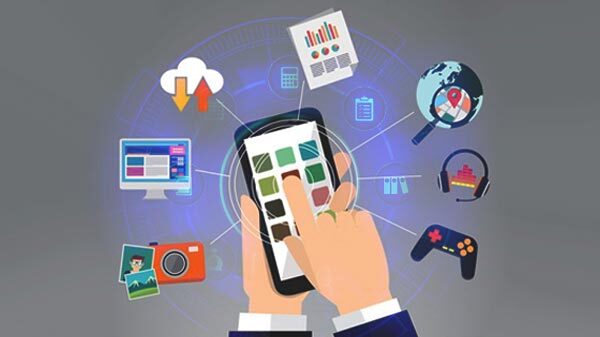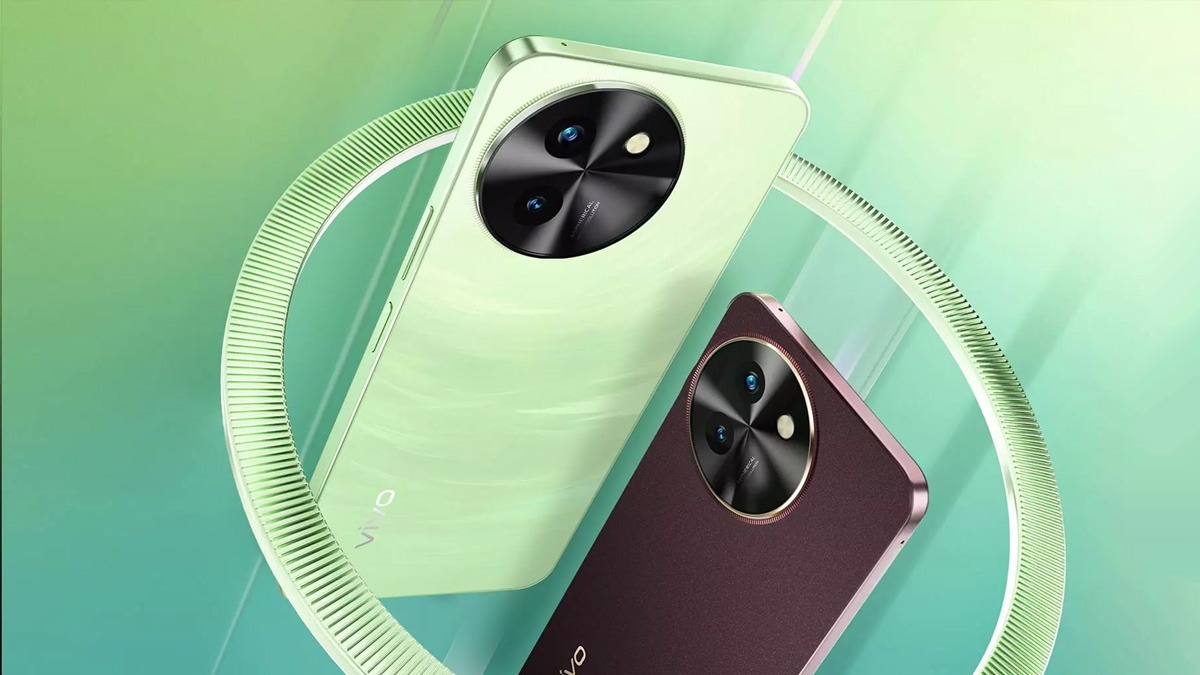Just In
- 10 hrs ago

- 12 hrs ago

- 12 hrs ago

- 13 hrs ago

Don't Miss
- Finance
 2:1 Bonus Issue Coming Up: Penny Stock Gives 183% Returns Ahead Of Ex-Bonus Date; Eligibility Criteria!
2:1 Bonus Issue Coming Up: Penny Stock Gives 183% Returns Ahead Of Ex-Bonus Date; Eligibility Criteria! - Sports
 Pakistan vs New Zealand Live Streaming: PAK vs NZ Live Telecast in UK, USA and Canada
Pakistan vs New Zealand Live Streaming: PAK vs NZ Live Telecast in UK, USA and Canada - Movies
 Ranam OTT Release Date And Platform: When And Where To Watch Vaibhav Reddy Starrer Movie Online
Ranam OTT Release Date And Platform: When And Where To Watch Vaibhav Reddy Starrer Movie Online - Lifestyle
 Princess Diana's Iconic Dresses And Accessories Will Get Auctioned For Charity, Know The Details Here!
Princess Diana's Iconic Dresses And Accessories Will Get Auctioned For Charity, Know The Details Here! - News
 Delhi Capital's Captain Rishabh Pant Gathers Praise For His Wicketkeeping Skills, Stunning Catch
Delhi Capital's Captain Rishabh Pant Gathers Praise For His Wicketkeeping Skills, Stunning Catch - Education
 SCCL Recruitment 2024; Application process, Selection criteria and more
SCCL Recruitment 2024; Application process, Selection criteria and more - Automobiles
 Mahindra 3XO SUV Latest Teaser Reveals Connected Car Tech: All Details Here
Mahindra 3XO SUV Latest Teaser Reveals Connected Car Tech: All Details Here - Travel
 From Coconut Breaking on Head to Men Dressing as Women: 12 Unique Indian Rituals Explored
From Coconut Breaking on Head to Men Dressing as Women: 12 Unique Indian Rituals Explored
What Happens Inside An Android Smartphone When You Download An App
We live in an era of smart devices that bring the world to our fingertips. To aid these advancements we have mobile apps that make our lives easier. From ordering milk to buying or renting a new house, everything can be done using an application with just a few taps on the screen. But have you ever wondered how does an app work and what all goes behind making an app that seems so easy to access and use?

In this article, we will explain the various efforts put into an app before it's ready for your smartphone or tablet. To make it more relatable for you, we will be explaining the Facebook app on an Android smartphone; however, the majority of the process remains the same for other apps and games as well.

From Development To Your Smartphone -- The Long Journey
Facebook is one of the biggest social media platforms globally with over two billion active users. A team of highly-skilled engineers works hard to make Facebook work flawlessly. They work closely with graphic designers, testers, and others to make an application with a practical approach.
A group of software engineers writes codes that are later compiled to develop an app. At a nascent stage, there can be 100s of bugs that these engineers try to fix to make the app as stable as possible. The app is then sent to the testing team that tries to explore all the available options and report the issues that they notice.
Engineers then troubleshoot the app and fix these issues. As Facebook is a massive app, this happens in bits and pieces. For each sub-menu, there is a dedicated team that is lead by senior engineers who make sure that no stones are left unturned.
As Facebook is compatible with a variety of devices, it is made sure that it works well on all sorts of hardware, from a smartphone with less than 1GB RAM to a high-end flagship device with up to 16GB RAM. So, the app is tested on a variety of devices from various OEMs and it is optimized to work in most of the use-cases.
Once the app gets a green signal from the testing team, it then goes to QA (quality assurance) team and they make sure that the tweaks meet the company's standards.

Cloud Computing Plays A Huge Part
The app is then submitted or uploaded to the Google Play Store. Users with Android smartphones can now download (stored on the cloud) Facebook app on their smartphone with just a single click. The app and it will be stored locally on the device.
Facebook is a social media app and it requires an active internet connection to load and function. Then, you can either create a new account or log in to an existing account using the credentials. Once you login to the app, you will get news feed with curated updates from your friends and pages that you follow and also depending upon your interests.
Though the Facebook app is installed natively on your smartphone, it still needs to fetch data stored from the Facebook cloud. All the texts you send, all the photos and videos that you post are actually stored on the cloud and each time you access them, the app will load the information from the cloud.
To enhance the overall experience, some data is downloaded and locally stored on your device, and it's called cache and user data. At the time of download, Facebook will carry a weightage of 60MB and it starts building cache in the background. Within 10 minutes of the app installation, the device already had more than 200MB of user data and 40MB of cache.

The Long List Of Permissions
Facebook or any other app requires certain permissions on your device before installation. A few of them are mandatory, while some are optional. If you want to take a photo, then you have to give permission to access the camera. Similarly, if you want to post an already existing photo, then you have to give permission to access the internal storage.
Do note that, prior to giving storage permission even though the app is installed on the phone, it still cannot read or access the data that is natively stored on the device. After permission; however, the app can read and access the files that are stored on your device.
If you want to send an audio message or record a video, then the app will ask permission to access the microphone. Do note that, if you are running the latest OS like Android 10 OS, you can always enable or disable these permissions with ease. The app will also ask permission for telephone, contacts, and calendar and these are not mandatory and you can easily use Facebook on an Android smartphone without giving access to these features.
Even after extensive testing, some bugs find a way to the final product but users report these issues using the app, where there will be an option to report those bugs and the engineers will be notified about the same. Then the same aforementioned process repeats itself.

Money Comes From Monetization
You might wonder how Facebook makes money and pay those thousands of engineers? Facebook makes money by monetizing the app and the content published on the platform. Remember those ads in between videos? That's where Mark Zuckerberg's Facebook rakes its revenue from. The app does give an option to select the types of ads that you see, but you will never be able to opt-out completely.
Unlike Facebook, some apps do not push adverts. Some of those are open source apps, developed by enthusiasts for the community, whereas most of them are paid apps, where a user might either have to pay an upfront cost or there will be a monthly or annual subscription charges. YouTube is one such app, you can watch it for free (with ads) or opt for an ad-free version with monthly subscription charges. Apps like Spotify, 9GAG, and MX Player also follow the same suite.

App Breakdown Issues
You might have come across the news of Facebook being down and then the company sends out a press release saying that it is analyzing and fixing the issue. Though we think the cloud is far superior compared to a local storage setup, it still has some limitations. Cloud also needs to have a big data center with a high-speed internet connection to transmit data to and fro.
Sometimes the internet connection might break and sometimes it could be an issue with a server that might require a replacement. Though a lot of big data centers like Facebook will have redundant resources to manage crises like this, all of a sudden something unimaginable could happen and the service will be down until it is fixed using either hardware or software changes.

Huge Efforts Behind A Simple App
A lot of things and processes happen behind an app and we have tried to mention some of the major steps that go behind an app you might download in just a few seconds and start using it for free. Actually, it is not free, as you are consuming data that you pay for and watching ads while patiently waiting for the next part of the video.
-
99,999
-
1,29,999
-
69,999
-
41,999
-
64,999
-
99,999
-
29,999
-
63,999
-
39,999
-
1,56,900
-
79,900
-
1,39,900
-
1,29,900
-
65,900
-
1,56,900
-
1,30,990
-
76,990
-
16,499
-
30,700
-
12,999
-
11,999
-
3,999
-
2,500
-
3,599
-
8,893
-
13,999
-
32,999
-
9,990
-
25,377
-
23,490












































